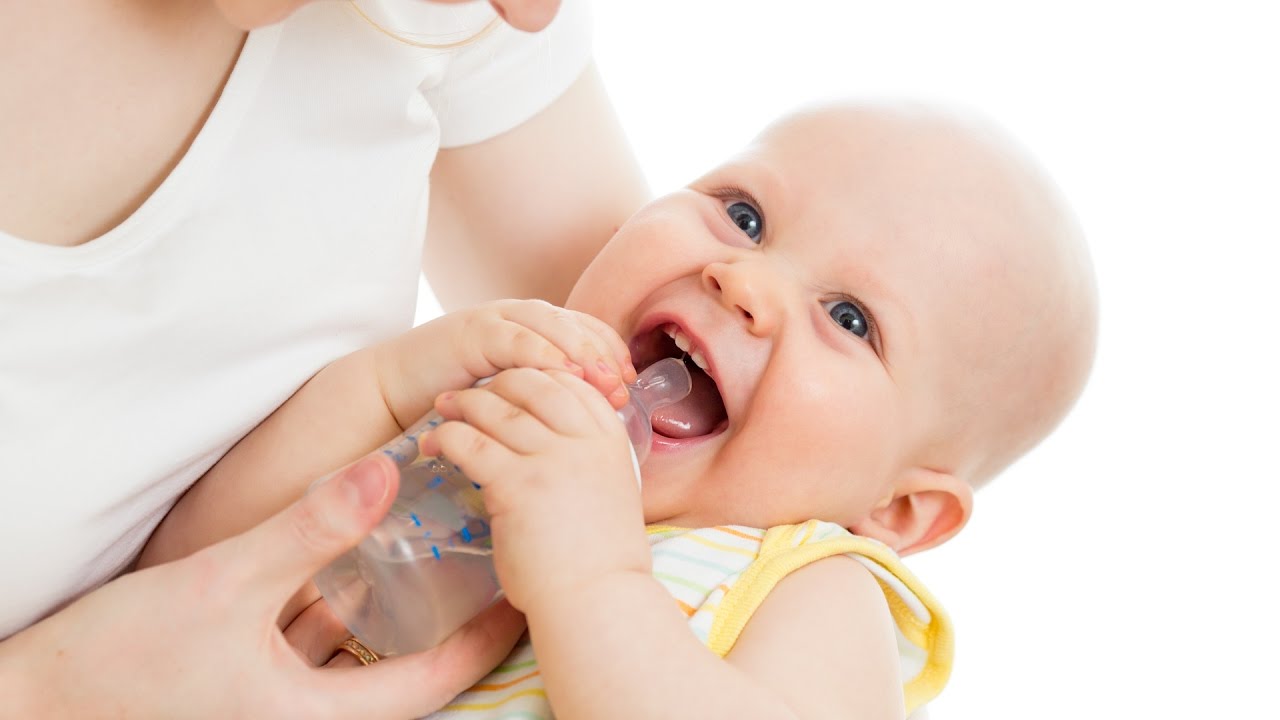Babies Love Filtered Water: Why This Kind of Water is Excellent for Your Baby
Every new parent wants the best for their baby and that includes the best water. Whether you’re using water to prepare formula or as a drink for your infant, you want to make sure the little one is getting the cleanest, freshesttasting water. Filtered water offers some advantages over tap water, and its naturally clean taste may appease picky babies.
Clean Water and Your Baby’s Health
Access to clean and safe water is key, especially during your baby’s first year. As your baby’s immune system develops, it’s important to limit access to any compounds or pathogens that might pose a health risk. Tap water is treated with chlorine to kill pathogens and goes through several layers of filtering so that it meets federal government safety standards. However, a filtration system from our offer adds an extra step that can give you peace of mind.
Filtration: Less TimeIntensive Than Boiling
You’ve probably been told that if you’re using tap water to make formula for a baby younger than 6 months, you should boil the water first. Boiling kills potential pathogens in the water. But, boiling takes time because you must allow the water to cool for up to 30 minutes before you can use it to prepare formula. And, while remote, there’s a chance for microbes from your environment to get into the water as it cools.
Filtering may offer a layer of protection that doesn’t require the time investment of boiling. Our systems for water filtration have a pore size of 0.01 to 0.5 microns in diameter, meaning larger contaminants are trapped. Compare that to 3 microns in diameter for mold, 4.5 microns for cryptosporidium and 5 microns for giardia.
Water Filters and Minerals
Some tap water might contain higherthanoptimal levels of minerals, including manganese and lead. For example, traces of lead from brass fixtures or from lead or copper pipes can leach into the water, according to the US Environmental Protection Agency. Exposure to lead can cause brain, kidney and red blood cell damage, and young children and pregnant women face the highest risk of adverse health effects. Boiling water doesn’t remove lead, but our filters can. Our filter pore size of 0.01 to 0.5 microns is smaller than lead dust particles, which measure 2 microns in diameter. Manganese in your drinking water might also pose a health risk. Normally, manganese in water is a ood thing you actually need small amounts of manganese each day for optimal health. But your baby might face a risk of manganese toxicity if you’re using highmanganese tap water to make baby formula. To lower the manganese content of your water, it is recommended using a water filter that can remove dissolved metals.
Clean-Tasting Water for Your Baby
One of the major benefits of filtration is cleantasting water and that’s a good thing for your baby too. Although unboiled tap water is safe for babies over 6 months old, it might have unpleasant tastes or smells from a rotten egg smell due to hydrogen sulfite, to a bitter metallic tinge from excess minerals. Those smells and tastes don’t go away when you use your water to make baby formula or homemade baby food, and they might make feeding time more difficult if your baby doesn’t like the water’s flavor. By filtering the water first, you won’t introduce unpleasant tastes from tap water into your baby’s food.


 BiH
BiH
